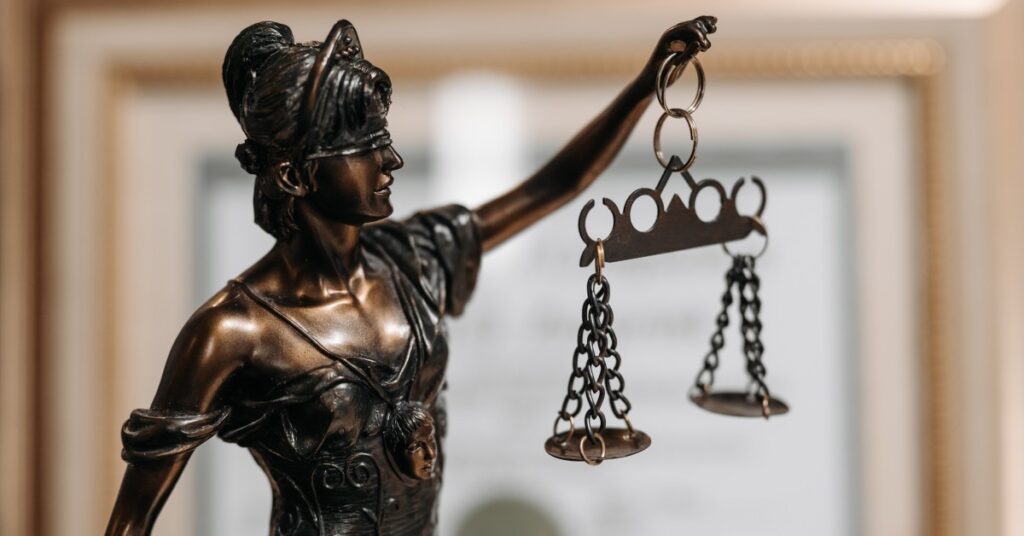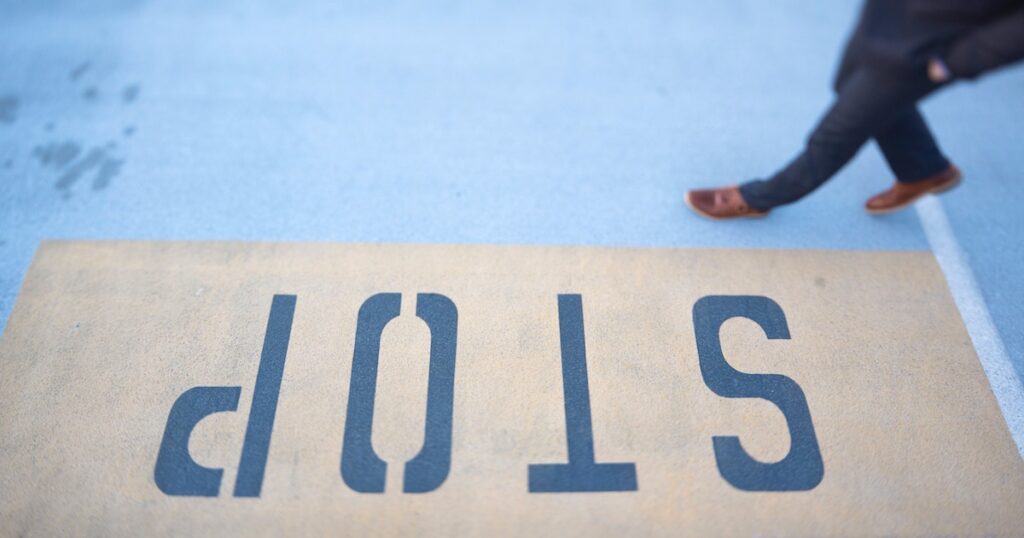Criminal Justice & Legal Studies - Career Paths & Degree Types
“In the criminal justice system, the people are represented by two separate, yet equally important groups…” So begins every episode of the long-running television series Law and Order. If you’re interested in a career in criminal justice and legal studies, the odds are good you know the rest. Do you hope to join those who investigate crime? Or do your dreams place you in a courtroom, prosecuting—or defending—the accused before a judge and jury? There are all types of law careers, ranging from those that require only an associate’s degree to those that can only be performed by those with a Juris Doctor (JD) degree. If you’re aiming for the latter, you’ll be wondering what are the best majors for law school while—or, if you’re super-organized, before—you’re an undergraduate. If you have your sights set on becoming a local, state, or federal agent, a criminologist, a forensics technician, or a customs inspector, you’ll want to know about the various legal studies majors that can launch your career. Noodle has already done the necessary detective work; let us help you make your best case.

Latest Articles

What Jobs Can You Get With a Master's in Homeland Security?
Article

Should You Get a Master's Degree in Homeland Security?
Article

Homeland Security vs. Criminal Justice: How to Decide Between Two Degrees With Big Opportunities
Article

What Can You Do With an International Law Degree?
Article

Thinking About Law School? Read These 5 Books First.
Article

The 5 Worst Reasons to Go to Law School
Article

Do Students Profit from For-Profit Law Schools?
Article

The Downfall of Law School? What Current Enrollment Trends Mean
Article

In an Era of Declining Law School Aspirations, Does ABA Accreditation Matter?
Article
